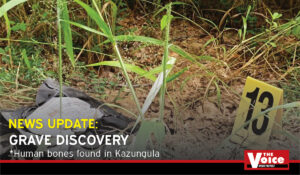While the famous saying goes, “Diamonds are forever,” the reality is that diamonds do not last forever.
In the face of this reality, Jwaneng mine, which was discovered in 1972 and commenced operations in 1982, is actively preparing for a post-mining era.
Although the exact timeline for the exploitation of diamonds in the three kimberlite pipes is unknown, mine leadership is dedicated to diversifying the local economy to sustain the area once mining operations cease.
Their strategies include transitioning to renewable energy, particularly solar power, boosting tourism, exporting skills, and engaging in agriculture, with a focus on sheep farming.
Koolatotse Koolatotse, General Manager at Jwaneng mine, emphasized the importance of diversification. “We are intentional about not repeating what happened in Selibe Phikwe; we will not be a ghost town,” he said.
To this end, the mine has already taken steps such as establishing the Jwana Game Park, which houses various animals, and utilizing solar energy to power some of its offices, even contributing surplus energy back to the national grid.
Empowering women through skills development is another key aspect of their strategy.
Koolatotse explained their commitment to train women for better income-generating opportunities, particularly in operating large machinery used in mining.
By offering this training, they aim to transform the lives of those previously employed as cleaners into operators of some of the world’s largest machines.
These efforts have already trained 91 women, with 30 finding employment in local mining companies.
Through Debswana, the mine is also planning to provide internship opportunities to mining and engineering graduates.
This initiative aims to create a pool of skilled human capital and may even lead to the export of these skills to other countries, addressing the issue of unemployed graduates in Botswana.
















